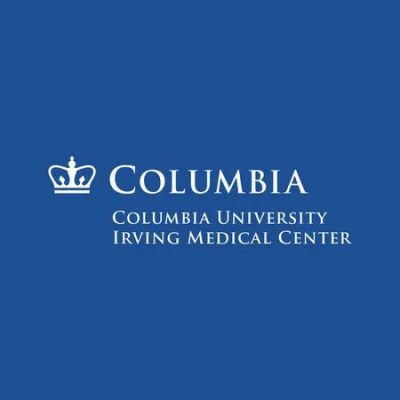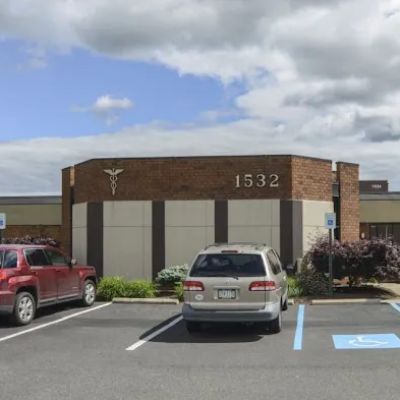- Understanding Long COVID and Its Impact
- Cardiovascular Symptoms Linked to Long COVID
- Scientific Findings on Heart and Vascular Effects
- Real Cases and Patient Experiences
- Risk Factors That Increase Cardiovascular Complications
- Management Strategies for Protecting Heart Health
- The Future of Long COVID and Cardiovascular Care
Understanding Long COVID and Its Impact
Long COVID refers to the lingering symptoms experienced weeks or even months after the initial infection. While fatigue and brain fog are often highlighted, research increasingly points to significant effects on the cardiovascular system. Patients report irregular heartbeats, chest pain, and exercise intolerance, revealing how the virus can leave lasting damage to the body’s most vital organ systems.

Cardiovascular Symptoms Linked to Long COVID
Common cardiovascular symptoms include palpitations, shortness of breath, chest discomfort, and elevated resting heart rates. Some individuals even experience postural orthostatic tachycardia syndrome (POTS), where standing causes an abnormal increase in heart rate. These symptoms can appear in both previously healthy individuals and those with pre-existing heart conditions.
Northside Hospital Cardiovascular Institute - Sandy Springs, Barfield
northside cardiovascular institute
6135 Barfield Rd Suite 100, Sandy Springs, GA 30328, USA

Scientific Findings on Heart and Vascular Effects
Studies published in medical journals such as Nature Medicine and JAMA Cardiology have found increased risks of myocarditis, blood clots, and vascular inflammation among long COVID patients. Researchers suspect that immune system overreactions and endothelial dysfunction play a major role. In some cases, lingering viral particles may keep the immune system active, causing ongoing damage to blood vessels and the heart muscle.
Real Cases and Patient Experiences
One well-documented case involved a marathon runner in New York who developed persistent chest tightness and shortness of breath months after COVID-19. Despite normal lung imaging, cardiac MRI revealed inflammation of the heart muscle. Similarly, a teacher from California reported dizziness and irregular heartbeat, later diagnosed as POTS linked to long COVID. These cases highlight that cardiovascular symptoms are not always immediately visible through standard testing.
Risk Factors That Increase Cardiovascular Complications
Although anyone can experience long COVID, certain factors increase the likelihood of cardiovascular complications. These include older age, obesity, hypertension, diabetes, and prior cardiovascular disease. However, young and active individuals are not exempt, making it critical to raise awareness among all demographics.
Management Strategies for Protecting Heart Health
Managing cardiovascular effects of long COVID requires a multidisciplinary approach. Patients are encouraged to undergo cardiac screening if symptoms persist. Strategies include gradual exercise under medical supervision, anti-inflammatory treatments, and blood-thinning medications in cases of clotting risk. Lifestyle adjustments—such as maintaining a heart-healthy diet, stress reduction, and regular monitoring—are also crucial. Platforms like HeartCare Hub provide resources and services that support individuals in navigating these complex health challenges.
The Future of Long COVID and Cardiovascular Care
As research continues, doctors and scientists are beginning to develop clearer protocols for managing long COVID’s cardiovascular impact. The future may bring specialized rehabilitation programs, advanced imaging tools for early detection, and more precise treatment strategies. What remains certain is the need for awareness and proactive care to minimize long-term risks.





















CardioVascular Group Lawrenceville
cardiovascular group
2200 Medical Center Blvd ste 400, Lawrenceville, GA 30046, USA